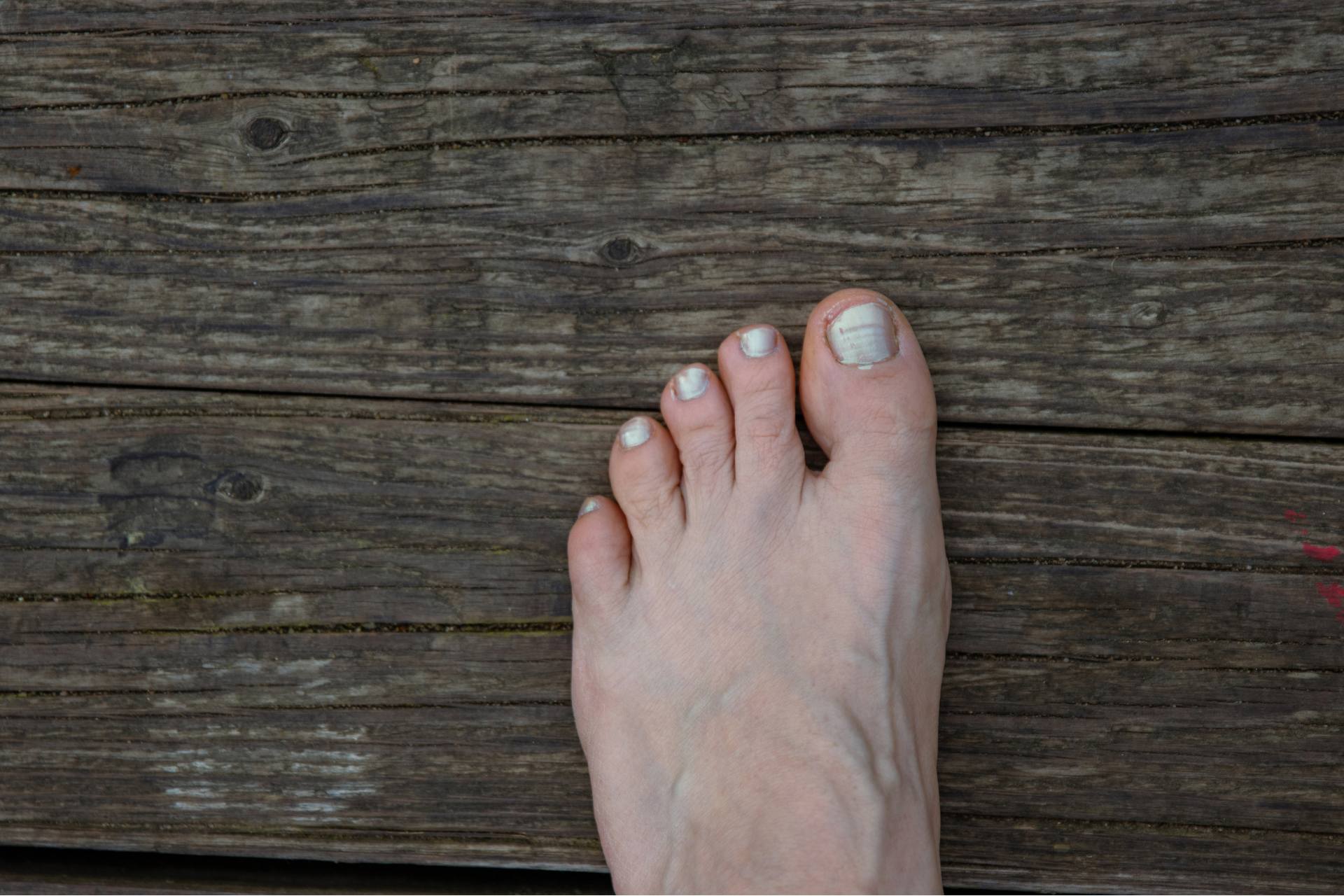When I needed professional help, I buried my head in the sand

Earlier this year, I had a freak accident and broke my foot. (It turns out this is what happens when a foot is in the way of a falling marble table top.) Confirmed by an X-ray from urgent care, I had a simple fracture and was told not to put any weight on the foot for at least 6 weeks.
After some weeks of rest and lots of ibuprofen, I felt debilitated. I started walking again. After all, I had Dr. ChatGPT, who told me that the sooner I started walking, the better. I hadn’t liked being so reliant on other people. I was in denial about what was required to heal (never having broken a bone before). In retrospect, I felt grief and despair about my life being put on hold, and I simply wanted to will the broken bone away.
It turns out, walking on a fragile break is actually not a good idea. Not being a doctor myself, I started bearing weight too soon and re-injured the original fracture, causing a displaced torque in the bone. I could tell something was wrong, but it took me a while to admit it to myself. When I finally went to get it X-rayed again, the doctor at first thought the dates on the X-rays had been swapped. The second one, taken almost 3 months after the original break, looked much worse. The damage was compounded and recovery prolonged by many months.
I tell this story because, in retrospect, I fell into the same trap that many couples do: when I needed professional help, I buried my head in the sand and thought I could handle it on my own. I didn’t want to face reality; I wanted to just get back to “normal.”
Recent research reveals that couples wait on average 2.5 years before seeking help after problems emerge. Another study reports that couples wait nearly 2 years between considering therapy and actually attending therapy. In some settings, couples waited 4-7 years, even when low-cost and accessible therapy was available.
Often, couples seek help when there is an obvious crisis, such as an affair or one partner threatening to leave. At this point, the problems have become so entrenched that one or both partners experience antipathy, resentment, despair, or helplessness. Over time, partners may become burned out from repeatedly engaging in the same fight (gridlock) without relief or resolution. Or they may avoid conflict altogether, creating an emotional chasm that feels unbridgeable.
There may be good reasons why couples don’t get help sooner. There may be differing views between partners on the nature of the problem, attitudes about therapy, or the severity of their problems. Couples may believe that if they wait it out, their issues will resolve on their own. They may feel shame about needing help from an outsider or believe that it will “stir up trouble” unnecessarily. Therapy may also feel out of reach financially or too time-consuming for a couple juggling jobs and family responsibilities.
In fact, seeking help sooner is both supportive and preventive, and helps couples learn key relational skills before a crisis occurs. It is far easier to prevent negative patterns and the buildup of resentment earlier than to wait until these patterns have calcified. Therapy strengthens communication, clarifies expectations, and deepens emotional intimacy and resilience. It can strengthen one’s capacity for empathy and understanding of the other person’s experience, leading to less criticism and defensiveness and more connection.
I learned this lesson the hard way with a broken foot—a more obvious injury than the emotional injuries many couples experience. Today, my foot is almost 100% healed, with the help of a team of experts. But emotional suffering is in many ways more distressing, if less visible. As I recently heard from a wise teacher: Don’t waste your suffering. I take this to mean, let your suffering be an arrow that points to its own cure.
If you need help with relationship problems or want some preventative support, don’t wait; schedule a consultation today.
